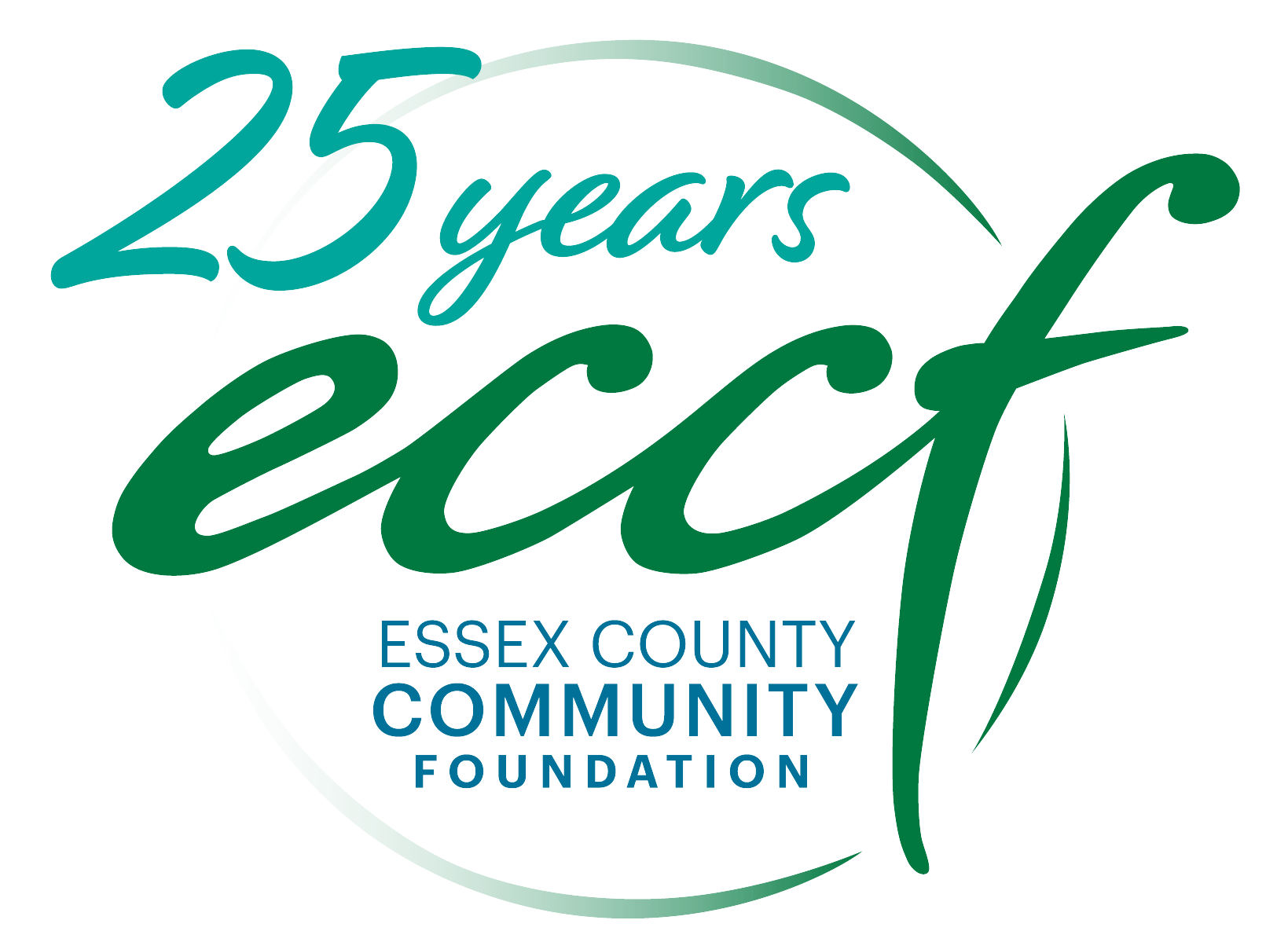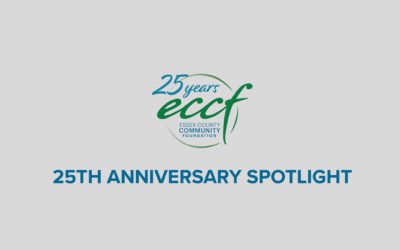Billions of federal dollars will soon make their way to Massachusetts to help the state and local municipalities bridge the digital divide, a technology gap that’s been revealed as a chasm during the pandemic.
Across the state, kids attended class in library parking lots, individuals and families were cut off from the outside world, and everyday tasks – like paying bills and applying for unemployment – became impossible for the one in five Essex County households that lacks a basic computer.
As we become more dependent on technology to live everyday life, the need for communities to implement solutions that increase digital access and digital literacy is critical.
“The time is now to start coordinating,” said Josh Eichen, program manager for partnerships for the Massachusetts Broadband Institute (MBI) at Massachusetts Technology Collaborative. “The money is going to be coming soon and we hope we can work fast to get some of these projects implemented.”
At the March 31 meeting of the Essex County Digital Equity Coalition – a 100-member group of cross-sector leaders assembled by Essex County Community Foundation last year to collaborate on ways to help bridge the digital divide in Essex County – Eichen was on hand to give an overview of the federal funding and to talk about how his organization is preparing for the influx. MBI will administer $50 million of the federal funds that are in the pipeline for Massachusetts.
“MBI is looking at a holistic approach to closing the digital divide,” said Eichen, who joined MBI last month after five years with the Metropolitan Area Planning Council.
This holistic approach includes considering gaps in physical infrastructure, deficiencies in reliability and quality of service, and various barriers to Broadband adoption and use. MBI is currently leading a data mapping project that will identify these gaps and deficiencies across the state, a critical effort that will inform targeted investments in Broadband infrastructure and prepare the Commonwealth for participation in the FCC’s update of Broadband availability maps later this year.
“Every state is going to be required to do a statewide digital equity plan and I think that collaborations like this one will be critical,” Eichen told the nearly 70 people attending the March 31 meeting.
Essex County’s Digital Equity Coalition meets quarterly to learn together, share ideas and identify ways cross-sector leaders and organizations can work together to bridge the digital divide. Resulting partnerships have already increased access to Broadband service, devices and digital literacy programs for thousands of Essex County residents. And in his presentation, Eichen identified four of these Essex County projects – including free Wifi access in the Point neighborhood of Salem; free Internet and devices to families in transition; telehealth support; and capacity upgrades at several local libraries – as efforts that can be scaled and replicated.
Details for how federal funds will be distributed are still in the works, but Eichen encouraged coalition members to keep the wheels turning: to continue to think about their role in the larger digital equity ecosystem, to gather critical data from constituents and other sources and to reach out to legislators and potential partners.
“The realm of partners is actually quite expansive,” said Eichen. “These projects are not simple to do and they need partners.”
Virginia Benzan Discusses the Affordable Connectivity Program
When Virginia Benzan rejoined the Massachusetts Law Reform Institute (MLRI) as the organization’s Race Equity & Justice Attorney in November 2020 – eight months into the COVID-19 pandemic – one issue came up time and time again: digital access.
Accessing the courts, healthcare providers or one of the many other facets of life that suddenly went virtual in 2020 became nearly impossible without digital access, and this meant many of MLRI’s clients were shut out of accessing vital resources.
But the Affordable Connectivity Program (ACP), the long-term replacement of the Emergency Broadband Benefit passed during the height of the pandemic, could help support the thousands of households that still lack access to the Internet or an affordable device, which are must-haves, especially in a post-COVID world.
“We estimate that over 10% of households in Massachusetts are eligible,” said Benzan, who talked to coalition members about the benefits of the ACP and MLRI’s outreach efforts to raise awareness of the program.
“Less than 200,000 people have enrolled, and that’s a fraction of the households that are eligible,” said Benzan. “Our goal is to get everyone who is eligible enrolled.”
Connecting people to existing programs that help to breakdown barriers to digital access is a critical part of bridging the divide.
“There are a multitude of ways to bring access to people and we want to make sure everything is on the table,” said Kate Machet, ECCF’s director of strategic initiatives.
ECCF Showcases Digital Access, Devices and Literacy Efforts
In 2021, when ECCF began to focus on collaborative efforts to bridge Essex County’s digital divide, the foundation set a goal of supporting 15,000 Essex County residents with access, devices and opportunities to increase their digital literacy.
“We upped our goal to 20,000, so we continue to need and want to collaborate,” said Machet.
To showcase some of the collaborative efforts that are helping us achieve that goal, ECCF invited partners from three successful ECCF-funded projects to speak briefly to the coalition about their work and its impact.
Noble Library Network | Access
For generations, public libraries have helped to bridge the digital divide. By providing access to public computers, the Internet, software products and printers, libraries are supporting residents who wouldn’t otherwise have the means to check email, create a resume or apply for a job.
But, “Libraries are doing more than that,” said Ron Gagnon, executive director of the North of Boston Library Exchange (NOBLE).
With a grant from ECCF, NOBLE has upgraded Internet service in three Gateway City public libraries: Peabody, Salem and Lynn, and secured higher capacity equipment, wireless hotspots for loan and Chromebooks for loan and in-house use. Together, these efforts have increased digital access for 9,000 Essex County residents.
“People often don’t understand how important our libraries are for our communities,” commented Corey Jackson, executive director of nonprofit Citizens Inn.
TEK Collaborative | Devices
During the pandemic, Amesbury resident Jeffrey Williams and his wife, Elizabeth Hockmeyer-Williams began refurbishing old laptops to donate to students and families who didn’t have one. By December of 2020, he had repaired and given away 500 computers.
In 2021, he partnered with ECCF to scale his work and today his nonprofit, TEK Collaborative, is helping the foundation reach its goal of delivering 5,000 devices to Essex County residents.
This pilot of Essex County’s first nonprofit e-recycler has delivered 1,100 of those devices in the last 12 months. Hockmeyer-Williams told coalition members that the driving factor behind these efforts is kindness.
“My husband is a Mr. Rogers fanatic and believes that kindness changes lives,” she said.
“These are really transformative efforts,” added Stratton Lloyd, ECCF’s executive vice president and COO.
MakeIt Haverhill | Literacy
More than 30 learners have graduated from the digital literacy program at MakeIt Haverhill, a program of Community Action, Inc. that focuses on comprehensive workforce development initiatives that Haverhill residents create stability in their lives.
“Our mantra is that we meet people wherever they are in their lives,” said Keith Boucher, MakeIt Haverhill co-founder.
MakeIt Haverhill’s digital literacy program is part of a regional effort – the first of its kind in the state – that aims to graduate 800 learners over the next three years. Additional community partners include Lawrence Community Works, the North Shore Community Development Coalition in Salem, the Latino Support Network of Lynn, Wellspring House in Gloucester and Tech Goes Home, a nonprofit that empowers communities to access and use digital tools to overcome barriers and advance lives. This regional effort has empowered 79 total learners with the skills they need to apply for jobs, track finances online and communicate.
Tim Haynes, MakeIt Haverhill’s digital literacy and equity program leader, said students range in age from 20-80. Fifty percent of students are Spanish speaking; 70% are immigrants. In addition to teaching basic and business computer skills in both Spanish and English, MakeIt Haverhill’s all-volunteer staff is also helping students apply for the Affordable Connectivity Program and planning an outdoor café with free Wifi access.
Continuing to Innovate Together
In an impromptu poll, 67% of coalition members indicated that they would be interested in having their organizations participate in ECCF’s regional digital literacy initiative; 70% said they would be interested collective learning focused on the Affordable Connectivity Program so it could be implemented in their communities.
This kind of data is proof that collaboration – that bringing many voices to the table – is how we move forward. It’s what has gotten us to where we are today: 9,000 more residents with digital access; more than 1,000 devices delivered; and 79 people learning the skills they need to engage in today’s digital world.
“This is just a tremendous effort to work collaboratively across the region,” said Lloyd, who added that continuing to connect with ECCF and each other is key. “We are in a great position as a county to meet the needs and continue to be an innovator.”


